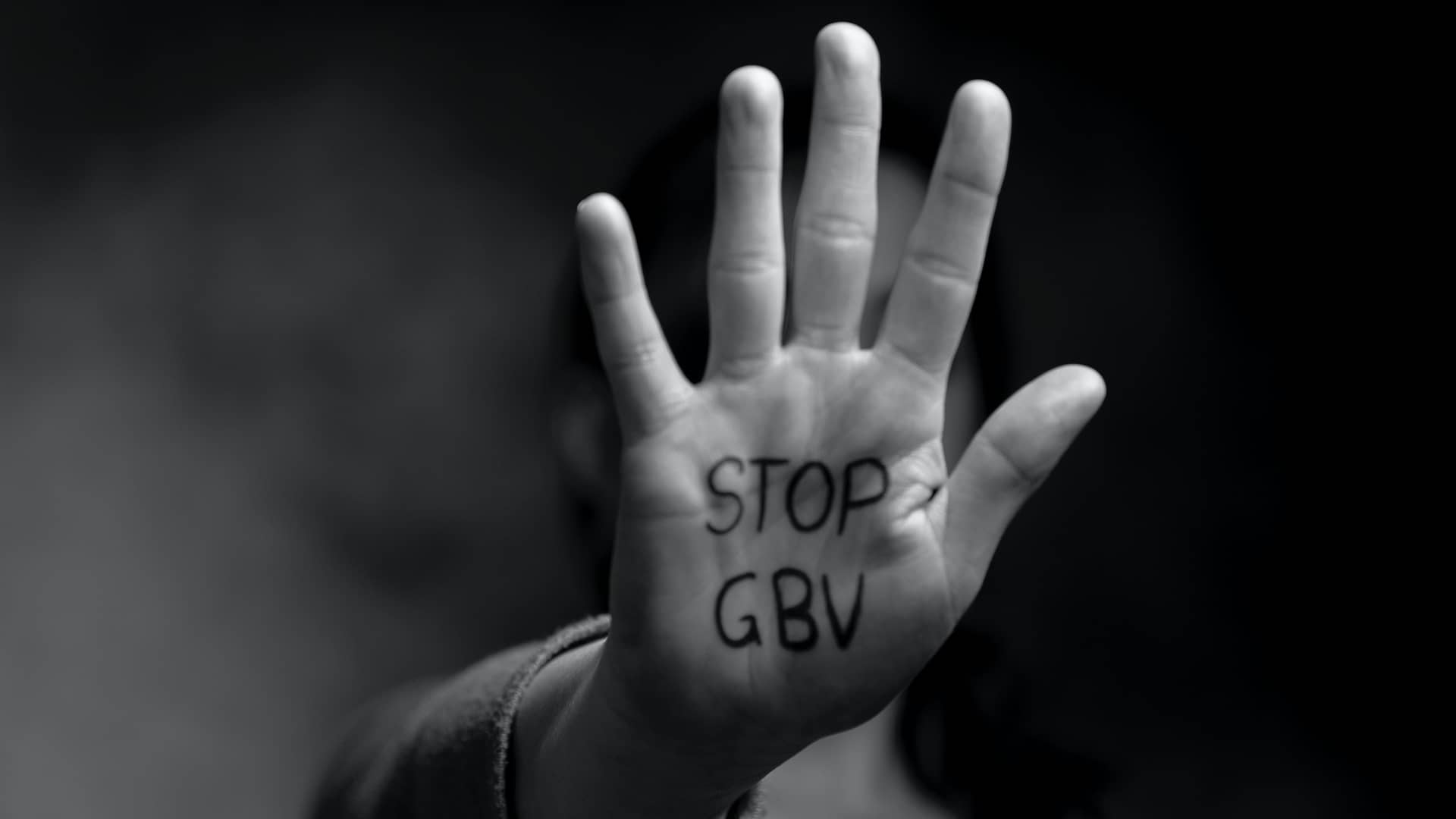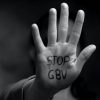
Violence is a daily reality for women and girls in Kenya. According to government data 49% of women and girls aged 15-49 years have experienced physical violence and 14% have experienced sexual violence. Many cases are not reported to authorities and few get justice or receive medical care.
The increase in reported cases of GBV and violence against women and girls since the start of the COVID19 crisis is driven by several factors. Financial hardship due to restriction of movement and curfew affects livelihoods, especially for those working in the informal sector. Confinement at home, under heightened levels of stress, uncertainty, and fear, can produce stressful environments that precipitate violence.
The pandemic tested us all, but it also revealed the resilience of our human spirit. Covid-19 has forever altered the world we live in; it has unleashed what could be one of the largest health and economic crises of this century, with the end not yet in sight and the longer-term impact unknown.
Covid-19 brought unprecedented challenges on everyone, and now, a nationwide survey shows that the Covid-19 pandemic affected men and women differently, with women and girls bearing a disproportionate brunt of the socioeconomic impact.
Kenya requires reliable, comprehensive, disaggregated and timely data and information to better design policies and strategies that respond to the needs and aspirations of the sexual and gender based violence survivors.
Mental health and psychosocial support services, including safe spaces and online counseling services, remain insufficient. Healthcare service providers require orientation and equipment for survivor-centered support that does not increase risk of infection.
It’s high time the government stood up to strengthen and increase availability of essential GBV services. Public awareness-raising and engagement, especially for those most at risk, is vital to promote respectful relationships and encourage others to refrain from violence.
The only way we can protect the right to freedom from violence is by acting as one. We call on the international community and the Kenya government to take note of the surge in violence against women and children and support the mobilization of resources, and on citizens to take action to reduce human rights abuses in their communities.
Author: Doris Kathia – Ms. Kathia is a Sexual and reproductive health and rights advocate and communication expert..


